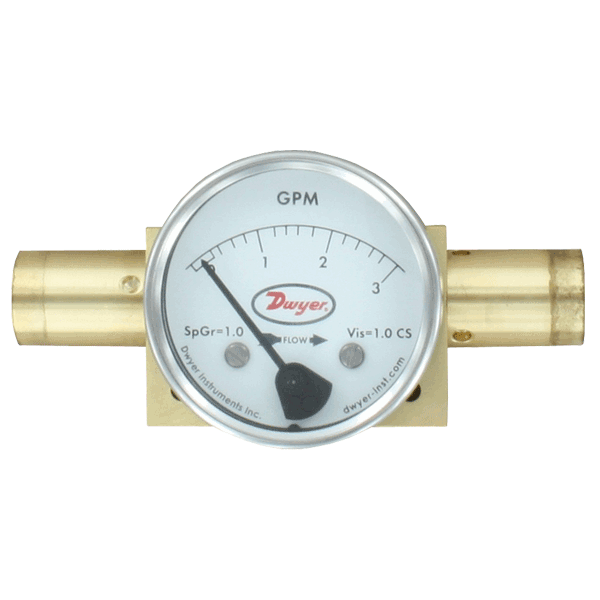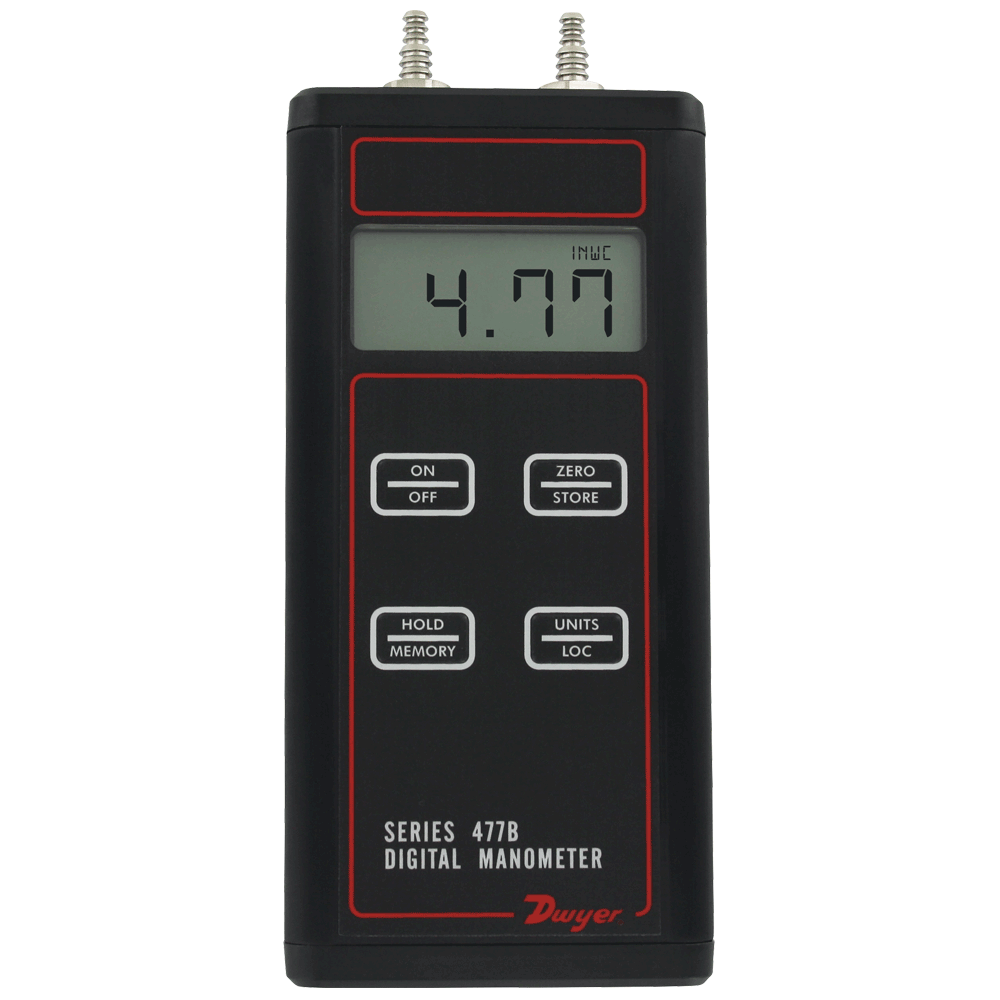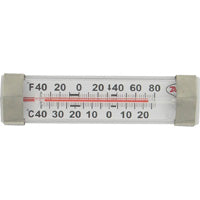Thermometer Calibration Service
HK Calibrations offers a comprehensive range of thermometers designed for accurate and reliable temperature measurement across industrial, laboratory, food, pharmaceutical and HVAC applications. This collection brings together liquid-in-glass thermometers, bimetal dial thermometers, digital RTD sensors, thermocouples and infrared non-contact instruments, giving you options from traditional designs to cutting-edge technology. Every thermometer is built for precision, durability and ease of use, with models covering a wide range of temperature scales, mounting configurations and output types. Whether you’re monitoring process temperatures, verifying equipment performance or conducting quality checks, these thermometers deliver consistent, traceable results that help maintain compliance and optimise operations.
Key Benefits
- High measurement accuracy across wide temperature ranges to meet quality and regulatory standards.
- Diverse models and formats, allowing users to choose between classic analogue indicators and advanced digital readouts.
- Robust construction with stainless steel, glass, or polymer housings designed to withstand demanding conditions.
- Easy integration with existing systems, including options for remote monitoring, data logging, or calibration traceability.
- Trusted quality backed by HK Calibrations’ expertise in supplying and servicing precision instruments.




